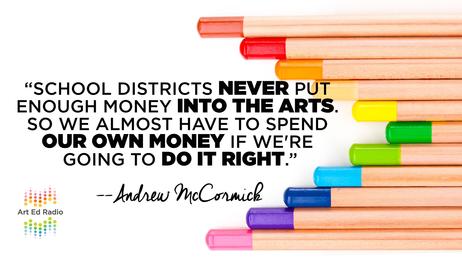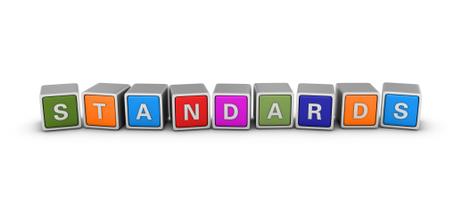Once considered society’s role models, today’s teachers have been caught in a media frenzy of scandalous and questionable behavior. Parents and community members are voicing their justified concerns regarding how public schools evaluate their employees.
While the national statistics regarding teachers and their potential criminal connections are still vague, many cities and school districts have begun implementing their investigations of public school workers. For example, as reports, recent 2007 investigations uncovered a list of criminal convictions in various teachers’ files, including charges of stalking, theft, and assault, among other crimes. Subsequently, more leaders are debating how to evaluate each public school employee’s credentials, integrity, and background more effectively.
Are Schools Engaging in Effective Background Checks?
While all public schools are required to conduct background checks on newly hired teachers, most do not continue to randomly check a teacher’s criminal file once they are added to the school’s payroll system. As a result, some teachers may enter their careers without any record, yet they may commit unnoticed crimes while working for the school.
Adding to this concern, as further reveals, many teacher candidates can pass a basic background check – even if their record posts convictions of crimes such as assault, theft, and fraud! Among the 135 teachers with criminal records in Pittsburgh ؛عءدحّ¹ظحّ Schools, investigators discovered that some of the more severe charges were incidents ranging from possession of heroin and crack to embezzlement charges totaling $7,000. One local





















